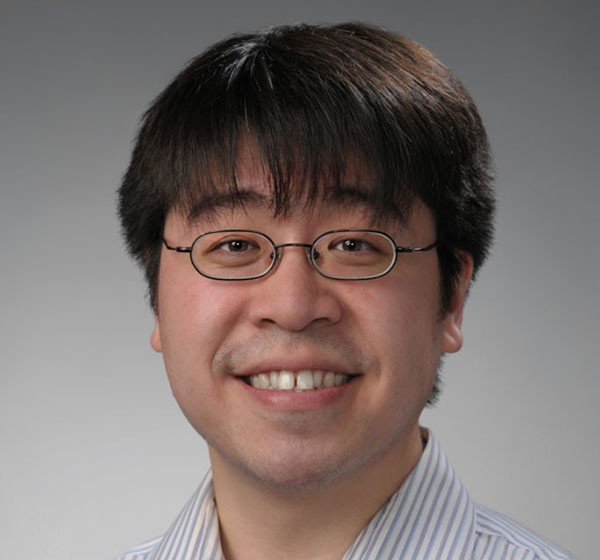Course Overview
Bioengineering for Space Exploration introduces high school students to the many aspects of astrobiology and bioengineering through lectures, workshops, virtual field trips, hands-on lab activities and projects. The summer STEM course starts with an interdisciplinary examination on the physical, biological, chemical and geological properties of potential extraterrestrial habitats and their Earth analogs, with a focus on the engineering technology involved. This biophysiochemical understanding provides the basis for the search of biomarkers on potential extinct or extant life. Topics include Earth’s extremophiles, Earth and exoplanet habitability, life detection technologies, origin of life, and technology for the detection of biomarkers. Students will work on projects to solve real-life multifaceted astrobiology problems using engineering principles. Students will perform a simulated exobiological sampling to search for life, design and prototype a simulated Mars Rover.
All students who successfully complete the course will receive a Certificate of Completion and have the opportunity to request a Syracuse University noncredit transcript.
Learning Objectives
As a result of successful course completion, students will:
- Obtain a broad exposure to astrobiology and related bioengineering principles.
- Appreciate the use of engineering principles and scientific methods in the search of biomarkers
- Obtain hands-on skills in building a robotic car
- Build a mathematical, geological, physical, biological and chemical foundation in astrobiology
Course Information
Course Prefix and Number: SCN 069
Format: On Campus
Eligibility: Students must be of rising high school sophomore, junior, or senior status – or a 2026 high school graduate.
Credit: Noncredit
Grading: Pass/Fail
- Residential: $4,995
- Commuter: $4,024
Program rates are subject to change and will be approved by the board of trustees. Discounts and scholarships are also available.
Program Information
Summer College – On Campus: Experience what college is really like: take a college-level course, live in a residence hall, have meals with friends in a dining hall, and participate in activities and events on campus.
Course Dates and Details
| Program | Course Dates | Class Time (Eastern Time) | Credit/Noncredit |
|---|---|---|---|
| Summer College – On Campus | 2-Week Session II: Sunday, July 19 – Friday, July 31, 2026 | MTWThF; 9 a.m. – 4 p.m. | Noncredit |
To see if this course is ‘open,’ refer to the full course catalog.
Course Requirements
Student Expectations
Students must:
- Attend to all academic requirements
- Be on time for all sessions
- Be attentive and engaged
- Complete all academic requirements
Typical Day
Tentative Schedule
Tentative Schedule TBD.
Faculty Bio
Douglas Yung – Associate Teaching Professor, Bioengineering, College of Engineering & Computer Science

Douglas Yung is an Associate Teaching Professor in the Department of Biomedical and Chemical Engineering at Syracuse University and serves as the Director for the Bioengineering undergraduate program. He completed his B.S. in electrical engineering and mathematics at UCLA in 2003 and later pursued a Ph.D. in bioengineering from Caltech in 2008. Following this, he spent time at the Jet Propulsion Laboratory in California as a NASA Postdoctoral Fellow, working on sensor development, microfluidics, and bacterial spore viability. In 2009, he joined the Department of Electronic Engineering at the Chinese University of Hong Kong as an Assistant Professor.
Prof. Yung is not just a distinguished academic but a visionary biomedical engineer. He is known for fostering expansive collaborations that bridge the gaps between academia, industry, hospitals, and communities on a grand scale. His intrigue lies at the intersection of microbes and engineering tools, particularly on a micro- and nano-scale. He is actively pioneering techniques to evaluate the resilience of superbugs and derive energy from extremophiles, merging electrochemical and optical techniques with MEMS devices. Over the past 12 years, he has championed more than 20 STEM outreach programs, impacting over 500 K-12 students. His contributions to education have been lauded with awards, including the College Educator of the Year by the Technology Alliance of Central New York (TACNY). A staunch advocate for hybrid teaching, Prof. Yung promotes a holistic learning environment rich in hands-on projects, experiential activities, and peer collaboration, a marked shift from conventional pedagogies.
